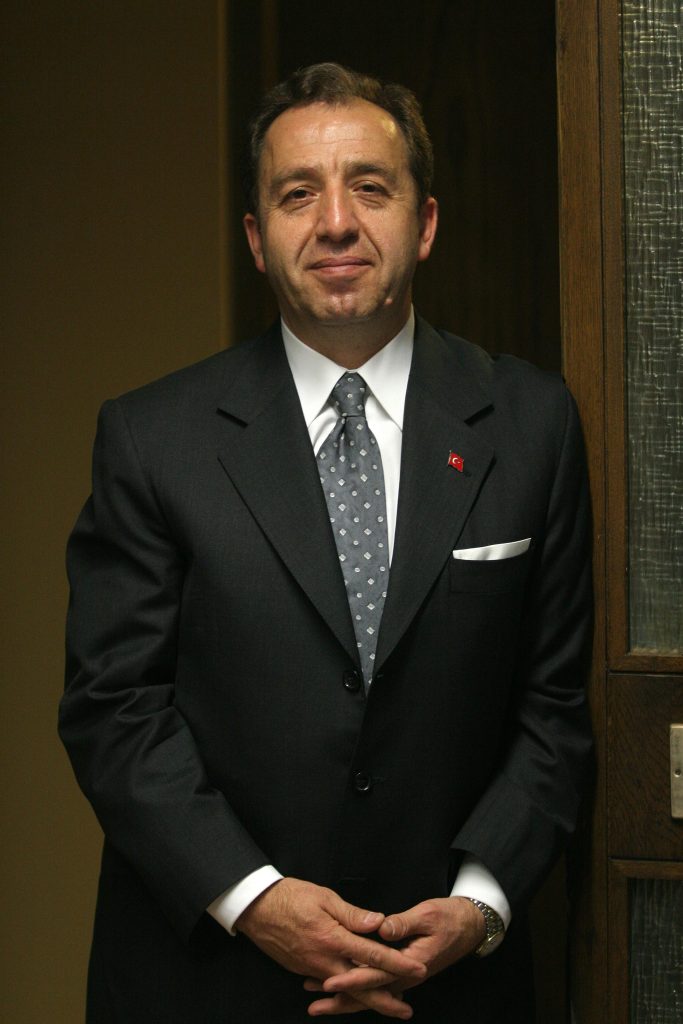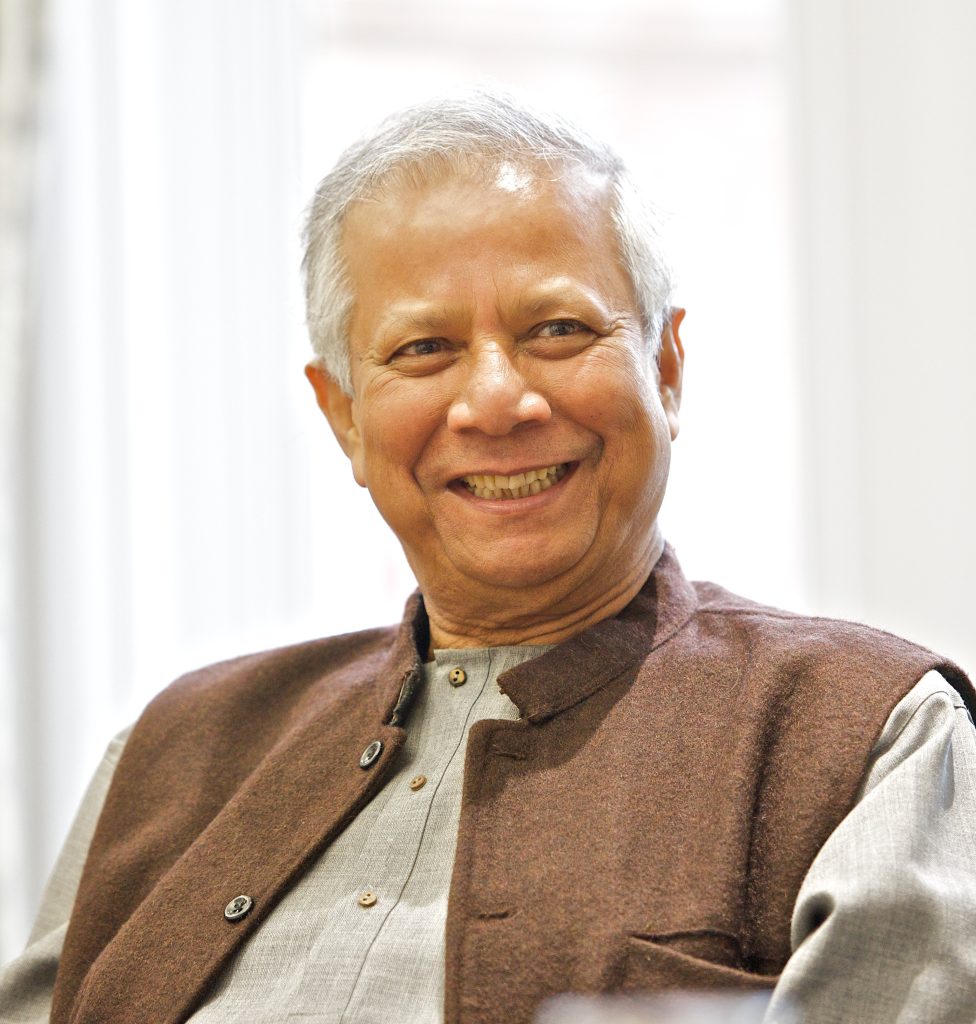
OUR PIONEER IN TÜRKİYE
AZİZ AKGÜL,Ph.D.
Aziz Akgul was born in 1956 and he is married with 2 children.
In 1979, he graduated from the Military Academy from the Department of Business Administration.
Between 1980-1982, he received his Master’s Degree (MBA) with the thesis titled “The Effect of Price Fluctuations and Accounts on Businesses and Inflation” from the Department of Business Administration in the Faculty of Economics and Administrative Sciences at the Middle East Technical University.
Between 1982-1986, he completed his Ph.D from the Ankara University, Faculty of Political Sciences from the Department of Business Management.
Between 1987-1989, he did his postgraduate research on the topic of “Technology Transfer to Developing Countries” at the Naval Postgraduate School in the United States for 2 years and received his Masters in Science.
In 1990, he became an Associate Professor in the department of Business Administration from the Faculty of Management and Organization. He gave lectures in the Graduate Program in the Faculty of Business Administration at the Istanbul University.
In 1996, after completing 25 years in the Turkish Armed Forces, he was promoted as the Associate Professor. He retired voluntarily as a commander. After his retirement, upon the request of the Gülhane Military Medical Academy and approval of the General Staff, he continued to teach graduate and doctorate courses at the Health Sciences Institute of the Gülhane Military Medical Academy.
In 1996, he became a Professor in the Department of Management and Organization. Between 1996-1998, he started giving lectures on business management the Department of Business Administration at the Kırıkkale University as a permanent professor. He gave the practical component of the Production Management course at the Middle East Technical University, the Department of Business Administration. He provided various courses on business management at Turkish Military Academy, the Department of Business Administration.
He gave lectures at the Başkent University, Graduate School of Social Sciences. He initiated the Department of Biostatistics under the Faculty of Military Medicine at the Gülhane Military Medical Academy and provided undergraduate and graduate courses.
While carrying out his duty as the president of KOSGEB, he implemented the “Amoeba Restructuring Procedure” based on at least 50% savings in resources and horizontal organization by eliminating hierarchical levels. In the Prime Ministry, as the Chief Advisor to the Prime Minister, he developed the “Economic and Social Development Program for Eastern and Southeastern Anatolia”.
He developed and coordinated the “Journey Towards Excellence” program in the Ministry of Industry and Trade, within the scope of the implementation of the Total Quality Management System in all units of the Ministry, and contributed to obtaining the “ISO 9002 Quality Assurance Certificate” for the first time in the world.
He retired voluntarily when he was a professor at the Kırıkkale University from the Department of Business Administration in 1998. Since that date, he has been serving as the Chairman of the Board of Trustees and Board of Directors of his pioneer organization, Turkish Foundation for Waste Reduction. Turkish Foundation for Waste Reduction implements programs on the prevention of waste, facilitating Food Banking strategies and microcredit program as the Turkish Grameen Microfinance Program in Türkiye. He became a Chartered Accountant in 1998.
Between 2002 and 2007, he served as the member of the parliament of Diyarbakır in the Grand National Assembly of Türkiye.
He has 18 published books and numerous articles. He is proficient in English as well.

OUR PIONEER IN THE WORLD
PROFESSOR MUHAMMAD YUNUS
Muhammad Yunus was born on June 28th, 1940 in the village of Bathua, Bangladesh. He has 13 siblings. His five siblings died in infancy. His father was a successful goldsmith and encouraged his children to pursue higher education. His mother was Yunus’s most important source of inspiration. His mother, Sufia Khatun, helped every poor person who knocked on their door. Therefore, Yunus wanted to commit to the eradication of poverty.
He spent his childhood in the village. In 1947, his family moved to the city of Chittagong, where his father had his business. For his education, Yunus earned his PhD from the Faculty of Economics of Vanderbilt University in the USA in 1971 with a USA Fulbright scholarship.
In 1974, when Yunus was a professor at Chittagong University, he took his students to a rural and poor village. They interviewed a woman there who made bamboo stools and learned that she had to pay 10 percent weekly interest to the broker to borrow her supplies, and was left with a penny of profit. The poor woman could get out of poverty economically if she could borrow her materials at a lower interest rate. Yunus realized that there was a big problem in the principles of economics he taught and gave loans to the person who made 17 to 42 baskets out of his own pocket. He learned that with this small amount, it can provide the spark of individual entrepreneurship for the poor not only to live but also to get out of poverty. Yunus continued to provide “microcredit” against the advice of commercial banks and the government. In 1983, Grameen Bank was established based on the principles of trust and solidarity. “Grameen” means rural in Bangladeshi.
Today, Grameen Bank has 1,084 branches, 12,500 staff and 2.1 million members in 37,000 villages. Every day, Grameen Bank collects an average of $1.5 million. While 94 percent of its members are women, 98 percent of its loans are repaid. This repayment rate is higher than commercial banks. Grameen methods are applied in 58 countries such as USA, Canada, France, Netherlands and Turkey.


